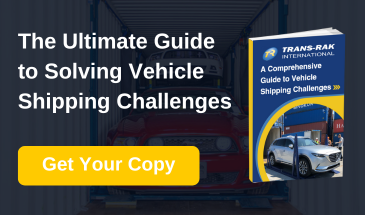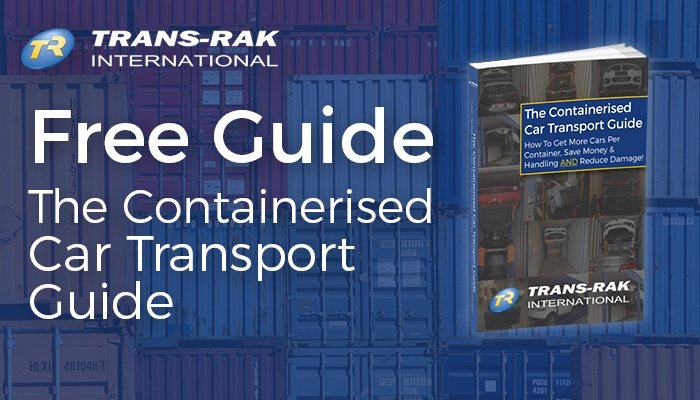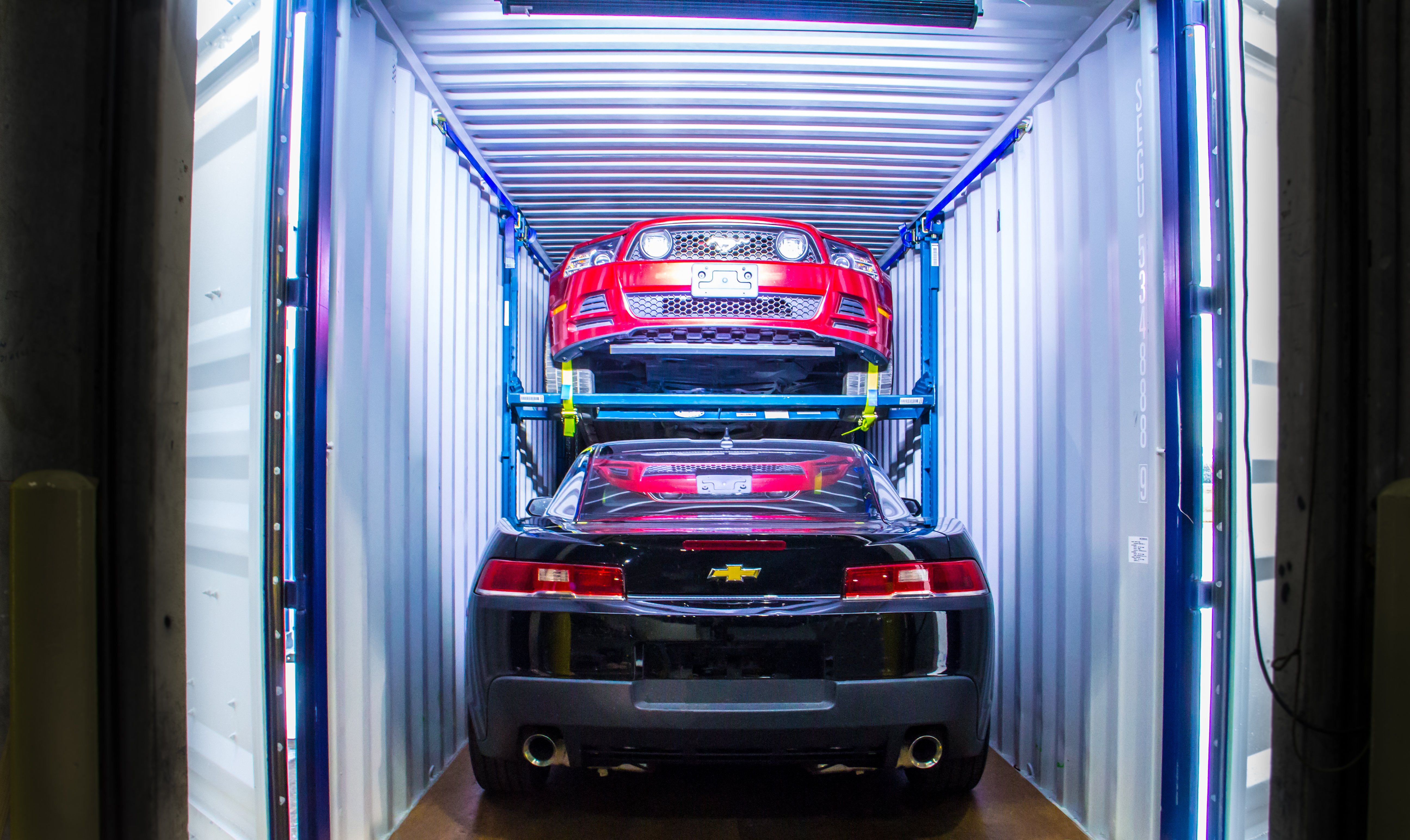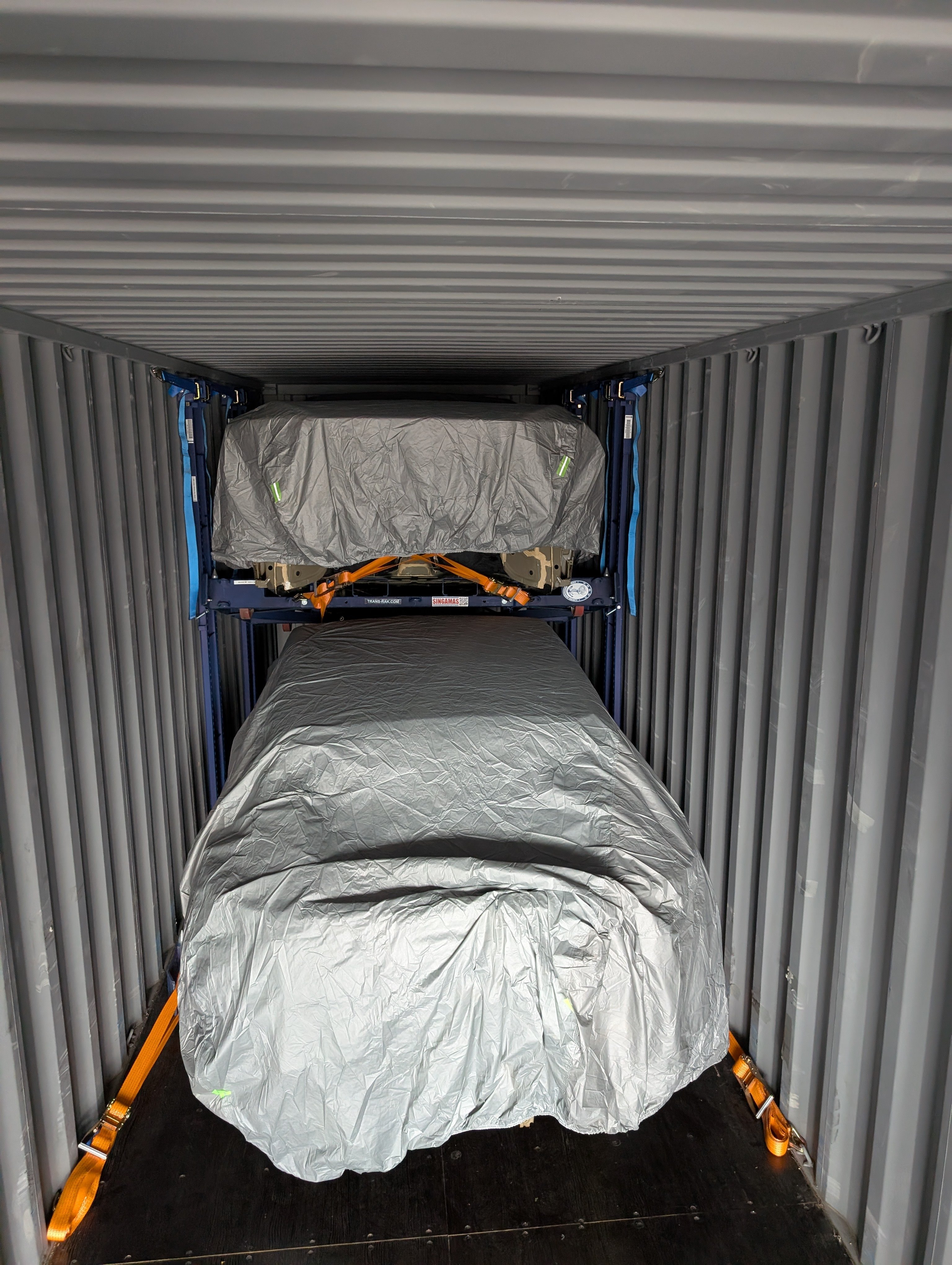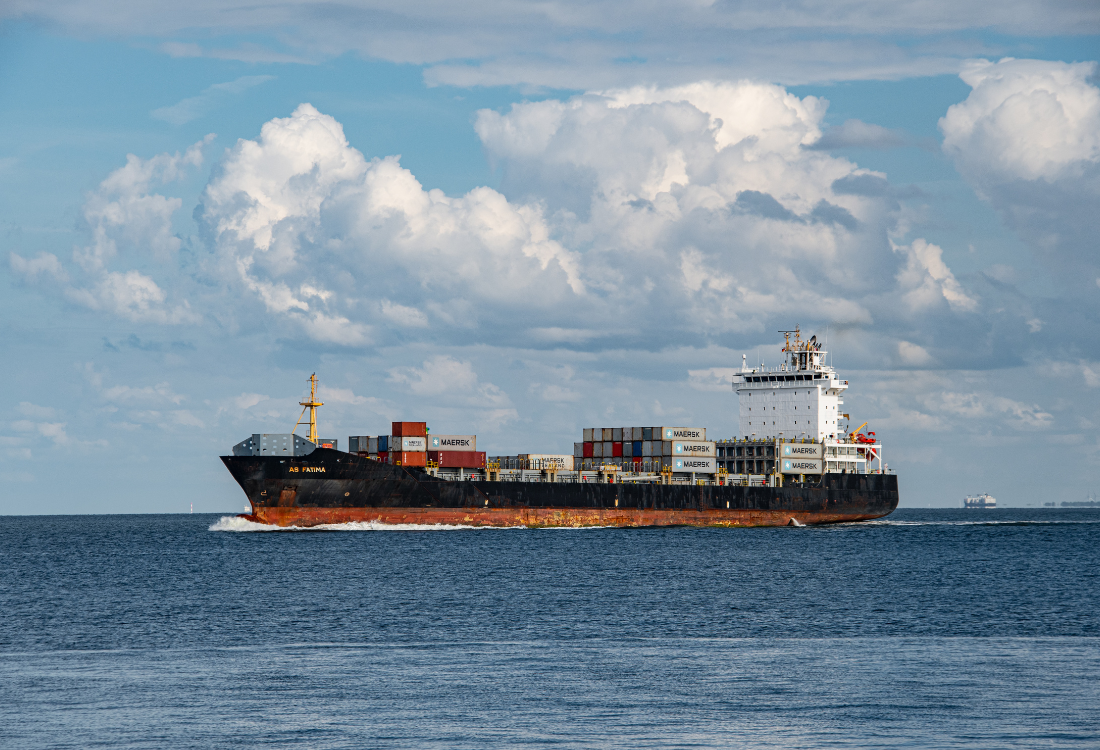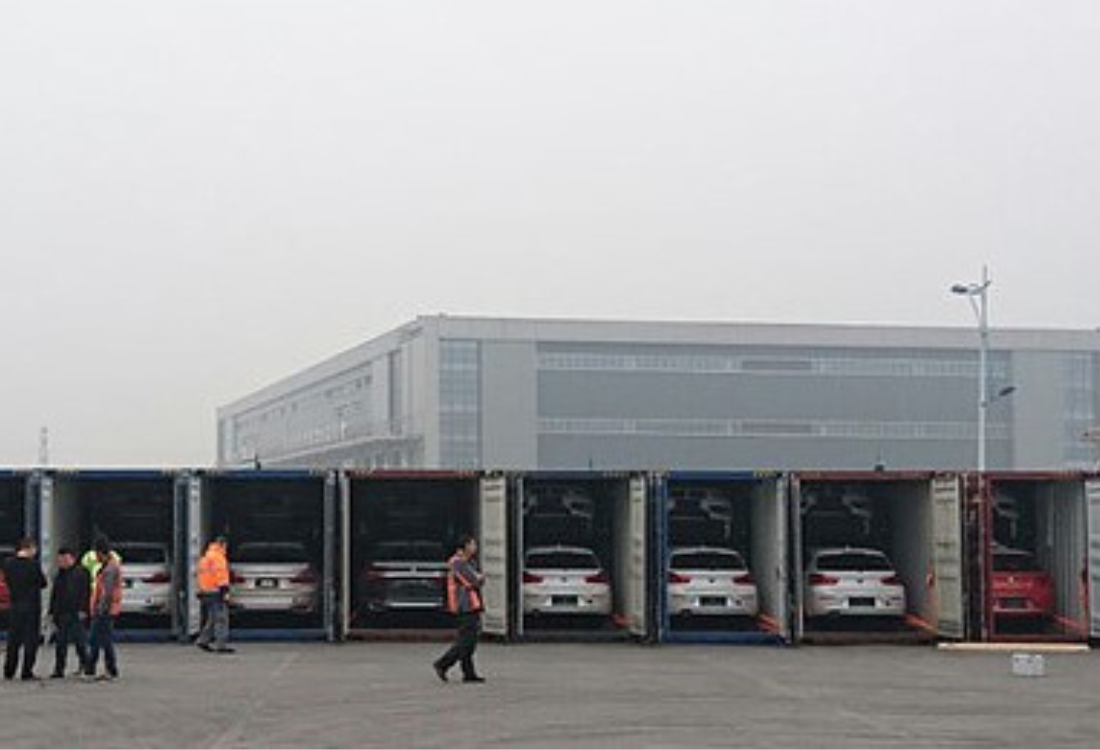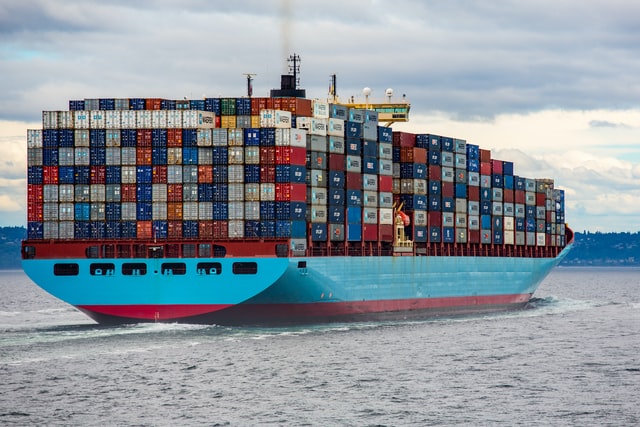
2022 started with worrying news for the already constrained global supply industry. During the first days of January, the Chinese city of Yuzhou went into total lockdown. This comes only a few weeks after another major Chinese city (Xian) went into lockdown in December 2021.
 An Issue Of Timing
An Issue Of Timing
The move has raised the alarm in automotive logistics circles due to the timing of these measures. First of all, lockdowns are being implemented only a month away from the Chinese New Year, which tends to result in a logistics backlog even without additional restrictions.
Secondly, the measure has been adopted four weeks ahead of this year’s Winter Olympics, which are to be held in Beijing. In preparation for the event, which has been marketed as the first zero-carbon Olympics ever, Chinese authorities have implemented strict measures to limit economic activity in order to curb air pollution in the capital.
What This Means For Global Supply Chains
The measures and the timing have sparked a debate over their significance for supply chains and for large sectors that rely on them, such as the automotive industry. Some key players like Toyota are already anticipating worst-case scenarios, suggesting that logistics and manufacturing activity could stall for the duration of the Winter Olympics.
However, it’s important to keep a balanced and factual perspective. At present, global automotive supply chains and the container shipping industry are mostly unaffected by the lockdowns. The last thing that China wants is more disruption after it’s struggled to rebuild its credibility as an international place to do business after Covid. Worst case scenarios are mere predictions, and they won’t necessarily come to pass.
Limited Measures
Also, the lockdown measures are partial and preventative measures – that is, limited to two cities – and not a full scall emergency response to a new outbreak, so the bigger picture isn’t as dramatic as some may think. Right now, the measures are mainly affecting chip manufacturer Samsung, which is based in Xian.
And lastly, whatever measures are taken, these are likely to be short term or precautionary. The global automotive industry outlook for 2022 is mostly optimistic, although risks and challenges still exist. Forecasts hint at normalisation towards the end of the year, so the overall theme for 2022 seems to be recovery, despite what happens during the first three months of the year in China.
Cause For Optimism
In contrast to transient circumstances or potential temporary curbs to manufacturing, efficiency and safety remain top of the list for most operations and logistics professionals. Optimising shipping speeds, minimising risks, and keeping costs reasonable are top priorities in the year we’ve just entered. Focusing on achieving gains in these aspects can act as a buffer against the ups and downs experienced by the global supply chain.
Cutting The Cost Of Container Shipping For Cars
There are many ways to go about this, but working with a reliable partner who shares the same commitment to efficiency and safety is one of the most effective. At Trans-Rak we’re committed to improving safety and efficiency in maritime car transport, and we do so with our innovative and certified container racking systems. To find out more, please get in touch with one of our technical sales team today, or claim a free copy of our Containerised Car Transport Guide.
Image source: Unsplash

